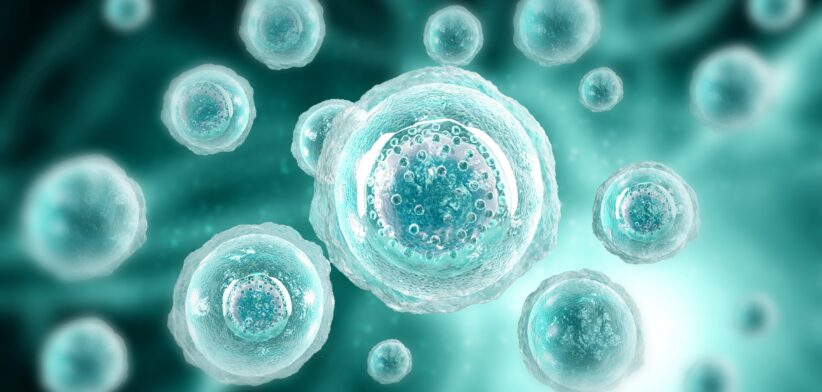The ability of some mammals in the wild to pause the development of an embryo during harsh conditions has been found to be possible in humans.
Researchers in Europe say they have discovered a potential “pause button” in the earliest stages of human development.
Dr Aydan Bulut-Karslıoğlu at the Max Planck Institute for Molecular Genetics in Berlin said, in some mammals, the timing of the normally continuous embryonic development could be altered to improve the chances of survival for both the embryo and the mother.
Dr Bulut-Karslıoğlu said this mechanism to temporarily slow development, called embryonic diapause, often happened just before the embryo implanted in the uterus.
“During diapause, the embryo remains free-floating and pregnancy is extended,” she said.
“This dormant state can be maintained for weeks or months before development is resumed, when conditions are favorable.”
She said whether humans could control the timing of their development had long been debated.
“The new study suggests that this ‘pause button’ can be activated in human cells as well.”
Dr Bulut-Karslıoğlu said the findings had significant implications for the understanding of early human life and may improve reproductive technologies.








